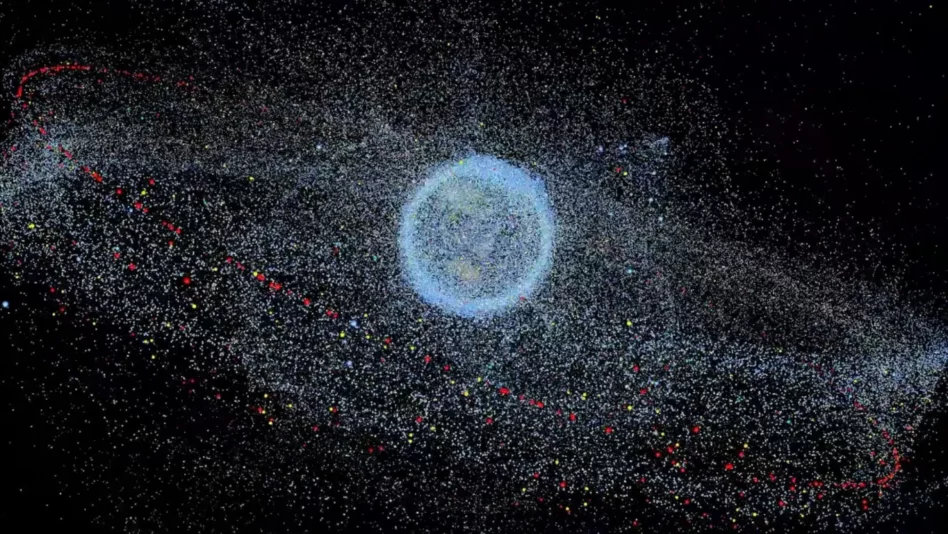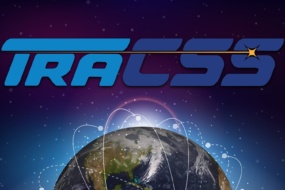Astroscale is working on another new project. The company, which is focused on keeping the orbital environment spick and span, announced yesterday that it won a contract worth up to $80M from the Japanese government to collect in-situ data on a defunct satellite in orbit.
The contract is a small business innovation research (SBIR) award granted through the Japanese Ministry of Education, Culture, Sports, Science and Technology (MEXT). The SBIR award is similar to the American program of the same name, aiming to bolster early-stage commercial technology in the country.Astroscale’s vision: The orbital environment is getting increasingly congested with each successive satellite launch, and any collision in space could be the one to kickstart a domino effect of crashes that create even more debris. The most dangerous objects in orbit tend to be large, uncontrolled remnants of past launches, including spent rocket stages and defunct satellites.Astroscale’s tech is designed to address that trash problem. The company builds spacecraft capable of rendezvousing with target craft in orbit to observe them or, in the future, grapple with and deorbit them.
- Its first mission, ELSA-d (End-of-Life Services demonstration), launched last year and successfully completed a docking maneuver with a specially designed client spacecraft.
The company has raised $376M from investors, including a $76M Series G in February.The award: Japan’s government is continuing to explore technology to make the orbital environment safer through this award. Astroscale has three phases to cash in the full award.
- The first phase is worth up to $18M.The maximum value of the contract is $80M across all three phases, to be completed by 2028.
The mission entails deploying a spacecraft to rendezvous with a target defunct satellite in orbit, first by using ground-based observation to approach and then onboard sensors to get closer. It will then conduct observations of the target craft using onboard imagers and sensors.Up first…Astroscale is gearing up to launch its Active Debris Removal by Astroscale-Japan (ADRAS-J) mission, which has similar objectives to the project announced yesterday. ADRAS-J is designed to rendezvous with and inspect the upper stage of a Japanese H-2A rocket that was discarded in LEO in 2009.
- The craft will spend three to six months circling the discarded rocket stage and collecting imagery to characterize it for future disposal.ADRAS-J was meant to launch aboard Rocket Lab’s Electron rocket next month, but the launcher has since suspended all launches due to a failure on Sept. 19.No news yet on when Electron will get back to flight.




